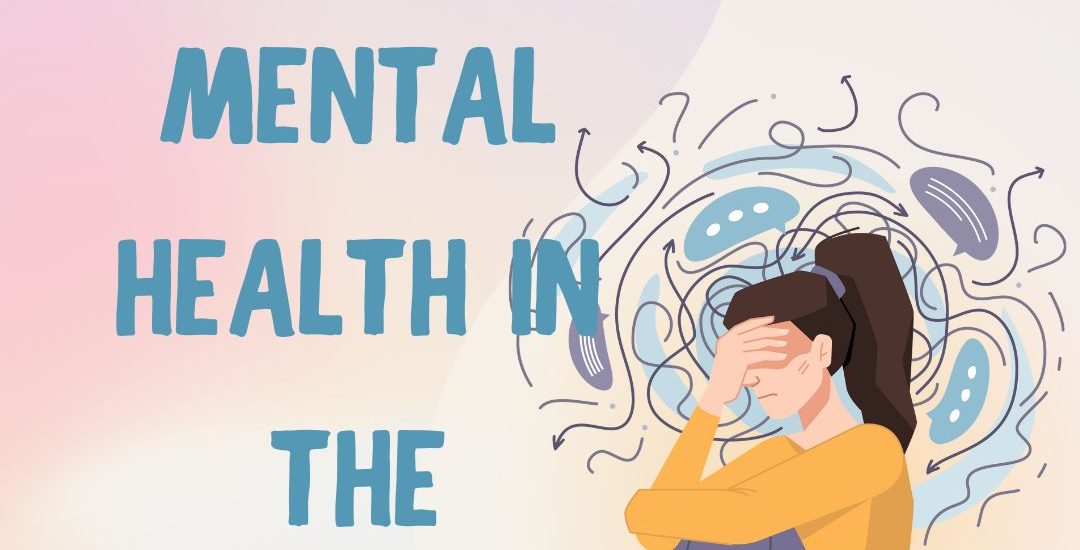Incorporating exercise for mental health is one of the most effective ways to reduce stress, improve mood, and enhance overall well-being. Physical activity not only benefits your body but also has a profound impact on your mental health by releasing endorphins, reducing anxiety, and improving focus. Whether you’re new to exercise or looking to make it a consistent part of your routine, there are simple ways to get started.
Here are five practical ways to incorporate exercise for mental health into your daily life and experience its transformative benefits.
1. Start with Small, Manageable Goals
If you’re new to exercise or feeling overwhelmed, starting small can make it easier to build a sustainable routine. Even short bursts of physical activity can have a positive impact on your mental health.
How to Set Manageable Goals:
- Begin with 10-15 minutes a day: Start with activities like walking, stretching, or light yoga.
- Focus on consistency: Aim to exercise a few times a week and gradually increase the frequency.
- Celebrate small wins: Acknowledge your progress, no matter how small, to stay motivated.
Starting small helps you build confidence and creates a foundation for long-term success.
2. Choose Activities You Enjoy
Exercise doesn’t have to feel like a chore. Choosing activities you genuinely enjoy makes it easier to stay consistent and look forward to your workouts.
Ideas for Enjoyable Activities:
- Dance: Put on your favorite music and dance around your living room.
- Outdoor activities: Try hiking, biking, or jogging in nature to combine exercise with fresh air.
- Group classes: Join a yoga, Zumba, or spin class to stay motivated and connect with others.
When you enjoy the activity, you’re more likely to stick with it and reap the mental health benefits.
3. Incorporate Movement into Your Daily Routine
You don’t need to dedicate hours at the gym to benefit from exercise for mental health. Finding ways to incorporate movement into your daily routine can make a big difference.
How to Add Movement to Your Day:
- Take short walks: Go for a 10-minute walk during your lunch break or after dinner.
- Use the stairs: Opt for stairs instead of elevators whenever possible.
- Stretch at your desk: Take a few minutes to stretch or do light exercises during work breaks.
Small, consistent movements throughout the day can help reduce stress and improve your mood.
4. Combine Exercise with Mindfulness
Mindful movement combines the benefits of physical activity with the calming effects of mindfulness, making it a powerful tool for mental health.
Examples of Mindful Exercise:
- Yoga: Focus on your breath and body as you move through poses.
- Tai Chi: Practice slow, deliberate movements to promote relaxation and balance.
- Walking meditation: Pay attention to the sensation of your feet on the ground and the rhythm of your steps.
Mindful exercise helps you stay present, reduces anxiety, and enhances the mental health benefits of physical activity.
5. Make Exercise a Social Activity
Exercising with others can boost your motivation and provide additional mental health benefits through social connection. Sharing your fitness journey with friends or family can make the experience more enjoyable and rewarding.
How to Make Exercise Social:
- Join a fitness group: Participate in group runs, cycling clubs, or fitness classes.
- Work out with a friend: Schedule regular exercise sessions with a workout buddy.
- Try team sports: Activities like soccer, basketball, or volleyball combine exercise with teamwork and fun.
Social exercise not only improves your physical health but also strengthens your relationships and emotional well-being.
The Benefits of Exercise for Mental Health
Incorporating exercise for mental health into your routine can lead to numerous benefits, including reduced stress, improved mood, and increased energy levels. Regular physical activity helps regulate emotions, boosts self-esteem, and provides a healthy outlet for managing anxiety and depression.
By starting small, choosing enjoyable activities, incorporating movement into your day, practicing mindful exercise, and making it social, you can create a sustainable routine that supports your mental health.
If you’re looking for additional support, my private practice in Melrose, MA offers therapy and personalized strategies to help you integrate exercise and other wellness practices into your mental health routine. Visit my services page to learn more about how I can support your mental health journey.
External Resources for Exercise and Mental Health:
- National Alliance on Mental Illness (NAMI) – Information on the mental health benefits of exercise.
- American Psychological Association – Exercise and Mental Health – Research on how physical activity supports emotional well-being.
Start incorporating exercise for mental health today to experience the benefits of reduced stress, improved mood, and enhanced overall well-being.

